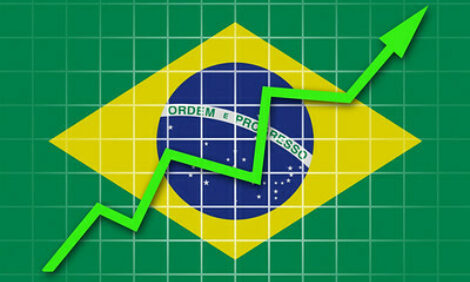



Soaring Poultry Prices Trigger Consumer Revolt
SAUDI ARABIA - In an effort to halt soaring poultry prices that triggered public campaigns to boycott poultry consumption, the Saudi Ministry of Commerce and Industry (MOCI) issued a decree on 3 October, banning the export of locally produced broilers.Between mid September and early October, the
average price of imported chicken jumped 30-40 per cent, while the average price of locally produced
chicken increased by 15 per cent, reaching 14.5 Saudi Riyal/kg (about $3.85 kg).
Reacting to the sharp
price rises, some activists and consumer groups resorted to social media like Twitter and Facebook to
vent their rage and to send a message that they were not going to tolerate traders’ price gouging and the
government’s lack of action to monitor and control prices. The activists started the so-called “Let it
Rot” and “If you stop eating chicken, prices will go down” campaigns urging people to boycott poultry
meat consumption and use other protein alternatives.
They blamed importers and poultry producers for
the crisis and asked the government to intervene and reign in these “greedy” traders.
On the other hand, the importers and local producers attributed price hikes to the rising cost of poultry
feed ingredients such as corn and soybean meal that rose by more than 40 per cent in recent months.
The
increase in feed grain prices was mostly due to a tighter supply in the world markets and drought
conditions in major grain producing countries such as the United States. Normally, feed cost accounts
for about 70 per cent of chicken total production costs.
The Ministry of Agriculture has indicated that
recent increases in chicken prices were also due to a significant decline in domestic chicken production
as a result of a higher than normal mortality rate and outbreaks of poultry diseases in many poultry
farms this year. It was reported that the mortality rate in some farms reached 50 per cent.
To calm the market and soothe public sentiment, the SAG established a Ministerial Committee for
Supply (MCS) at the Riyadh Chamber of Commerce that includes the MOCI and the Ministries of
Finance and Agriculture to be in charge of monitoring poultry prices.
The role of the MCS is to
exchange information on the prices and supplies of basic food commodities and to coordinate
appropriate government measures to mitigate their impact on consumers. The MOCI has stated that the
ban on Saudi poultry exports is a temporary measure and will be lifted as soon as the market has
sufficient supplies and prices are stable.
With total Saudi poultry exports relatively small (less than
40,000 MT annually out of a 1.3 million MT market) trade analysts have doubted that the ban would
have an impact in stabilizing poultry prices. The main importers of Saudi broiler meat are the United
Arab Emirates, Bahrain, Qatar, Kuwait, Oman, Yemen, and Jordan.
The boycott campaign seems to have had some impact. The MOCI has asked the main Saudi poultry
producers and retailers, with whom it meets regularly, to take some measures, as a goodwill gesture, to
lower poultry prices.
It was reported that some companies offered their customers 10 per cent discount
on chicken meat prices, while others decided to sell their products at cost until the end of 2012. MOCI
officials publicly commended the retailers and poultry companies for being good corporate citizens and
acting with a sense of patriotic duty.











